The memory of my sales colleagues striking the showroom window the instant I tremulously removed the cables from the battery in a used car on the forecourt plays out in my mind as I watch Luke Daisley, owner of Good Guys Garage in Essex, remove the main fuse from a Nissan Leaf. Will there be a flash and a smell of burning flesh? Fortunately not.
“People have this idea that electric cars are always live and dangerous,” says Daisley. “The truth is that you would have to do something stupid to get an electric shock.”
That’s not strictly true, of course, as guidance from organisations including the Health and Safety Executive makes clear. Still, as a former soldier (he served in the Royal Electrical and Mechanical Engineers), Daisley is determined not to play up the risks. He opened Good Guys as a general garage specialising in servicing and repairing EVs and hybrids earlier this year, since when he and his colleague Emre Taner have worked on a handful of EVs. He’s confident that there will be more.
Daisley’s optimism isn’t without foundation. The number of EVs on UK roads is forecast to grow to 12.7 million during the next 10 years. As they fall out of warranty, garages like Daisley’s should benefit.
He’s fortunate, since both he and Taner are qualified to work on EVs and have years of experience doing so. Less fortunate are the thousands of technicians across the UK yet to receive EV training. The Institute of the Motor Industry says that of a total workforce of 238,000 technicians, only 15,500 are registered on its Techsafe register and so qualified to work on EVs. It claims this isn’t only a threat to safety but, unless addressed, is also likely to increase the cost of EV repairs, therefore discouraging drivers from making the switch. The organisation is appealing to the government to help fund the training of a further 75,000 EV technicians.
Four years ago, Peter Melville, an experienced automotive diagnostics engineer, also realised that the UK’s vehicle technicians were lacking not only EV training but, once qualified, technical support, too. A technician working on petrol and diesel vehicles enjoys no end of support from manufacturers, third-party suppliers and their own colleagues. Not so those working with EVs, who struggle to get meaningful help from anyone.
Melville also realised that drivers whose EVs are out of warranty might wish to have them serviced not by main dealers but by less expensive independent workshops – but who can they trust to do the work properly?
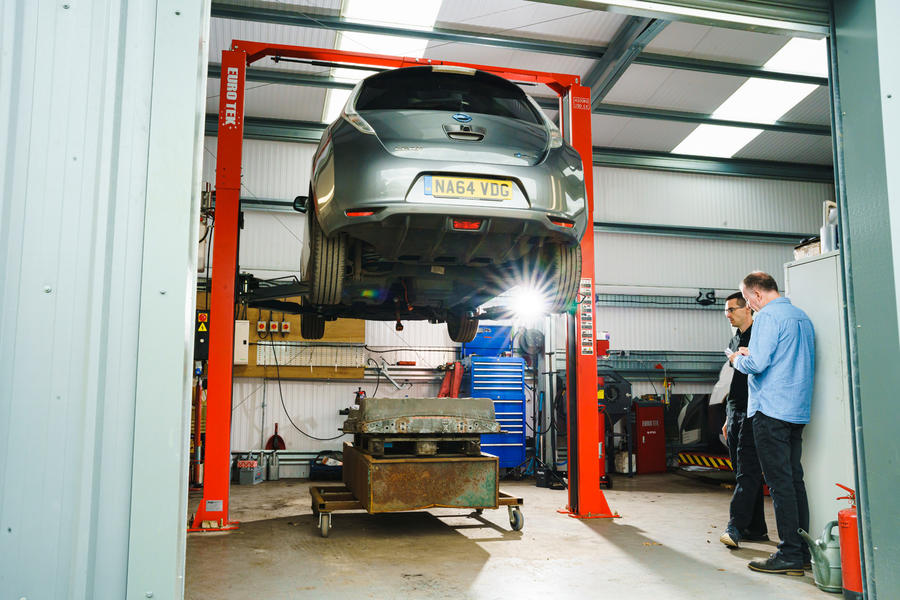

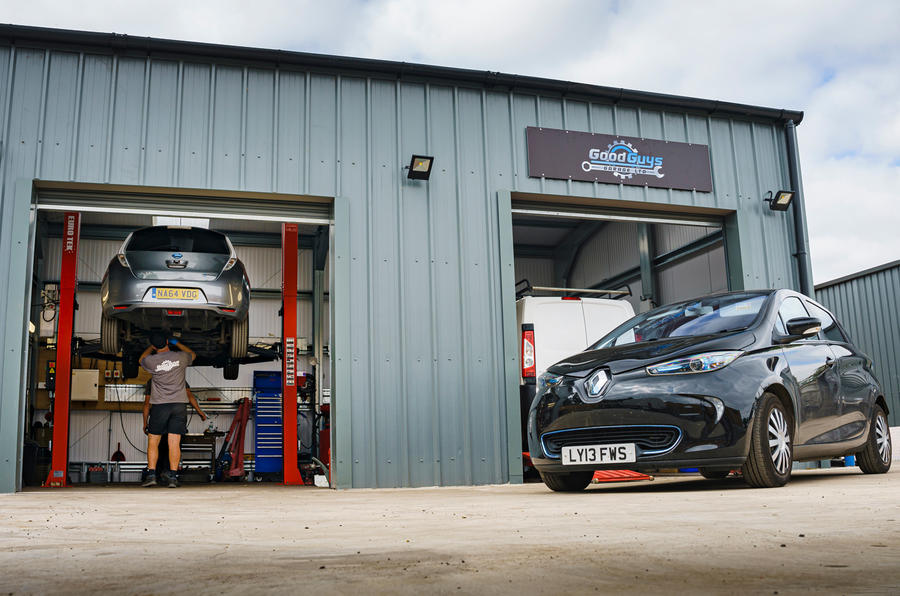




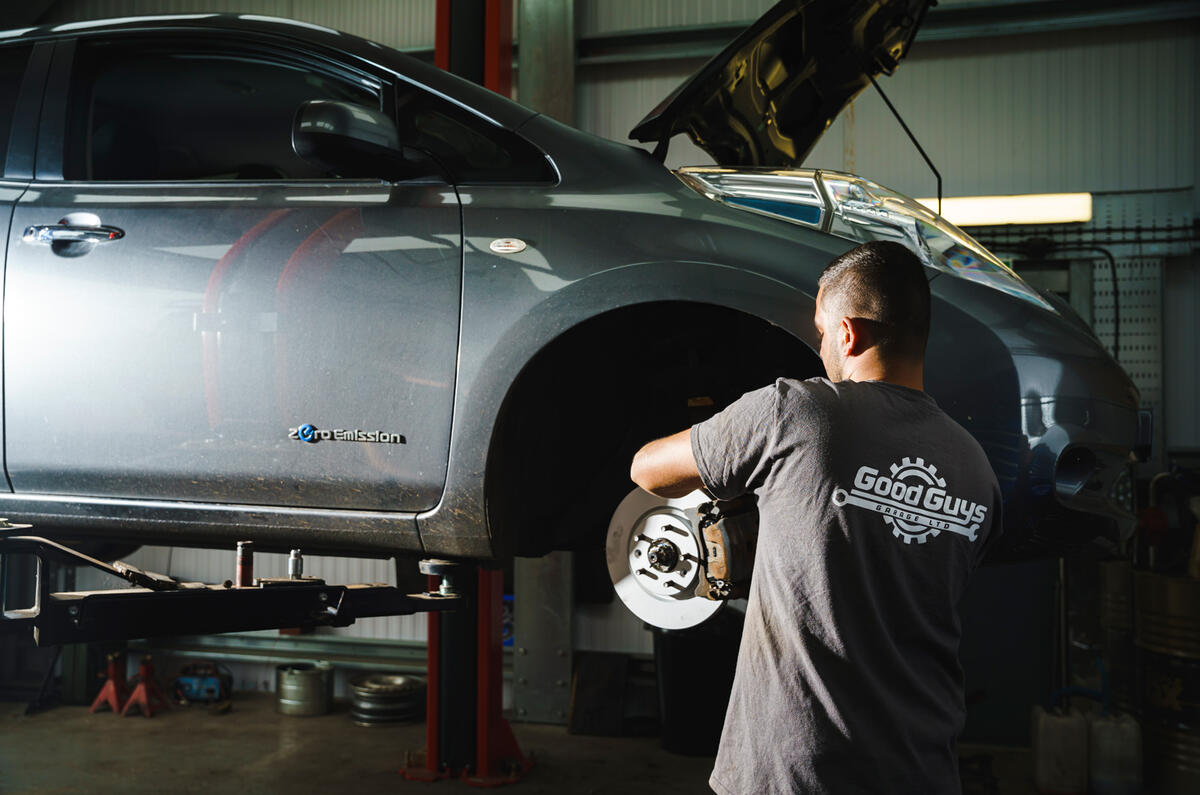
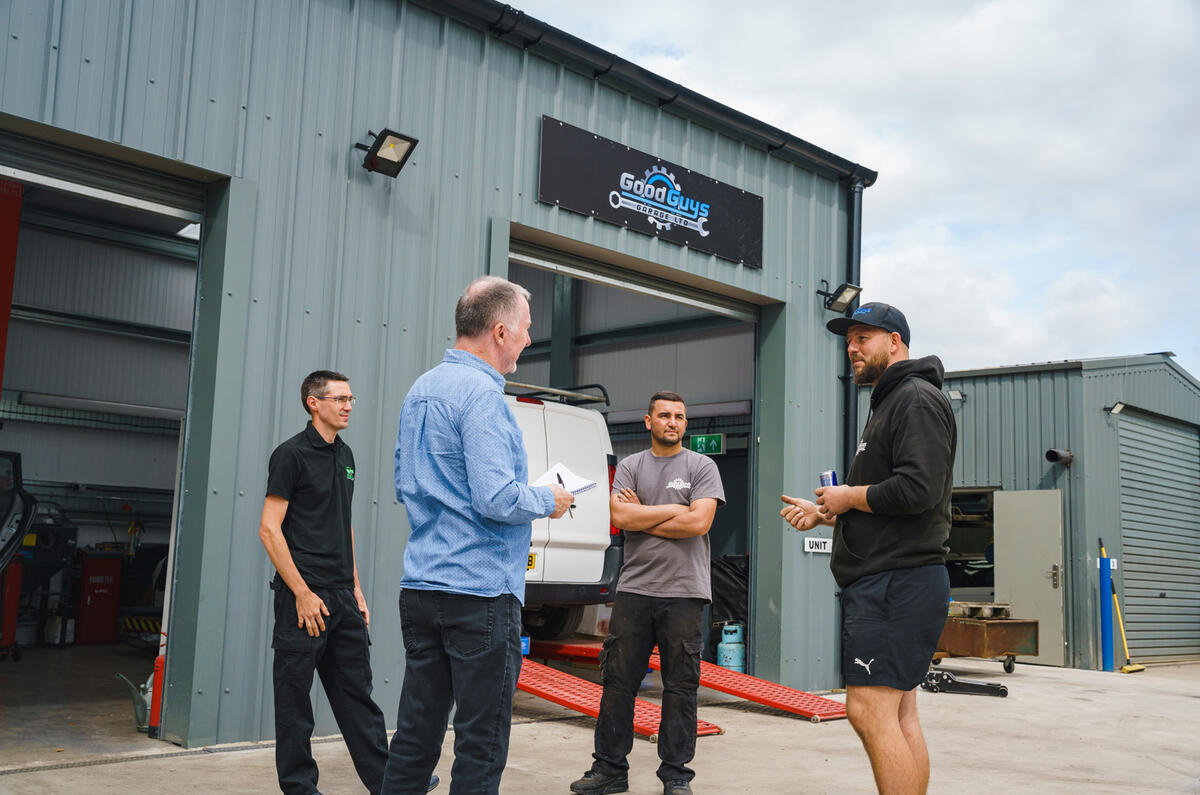
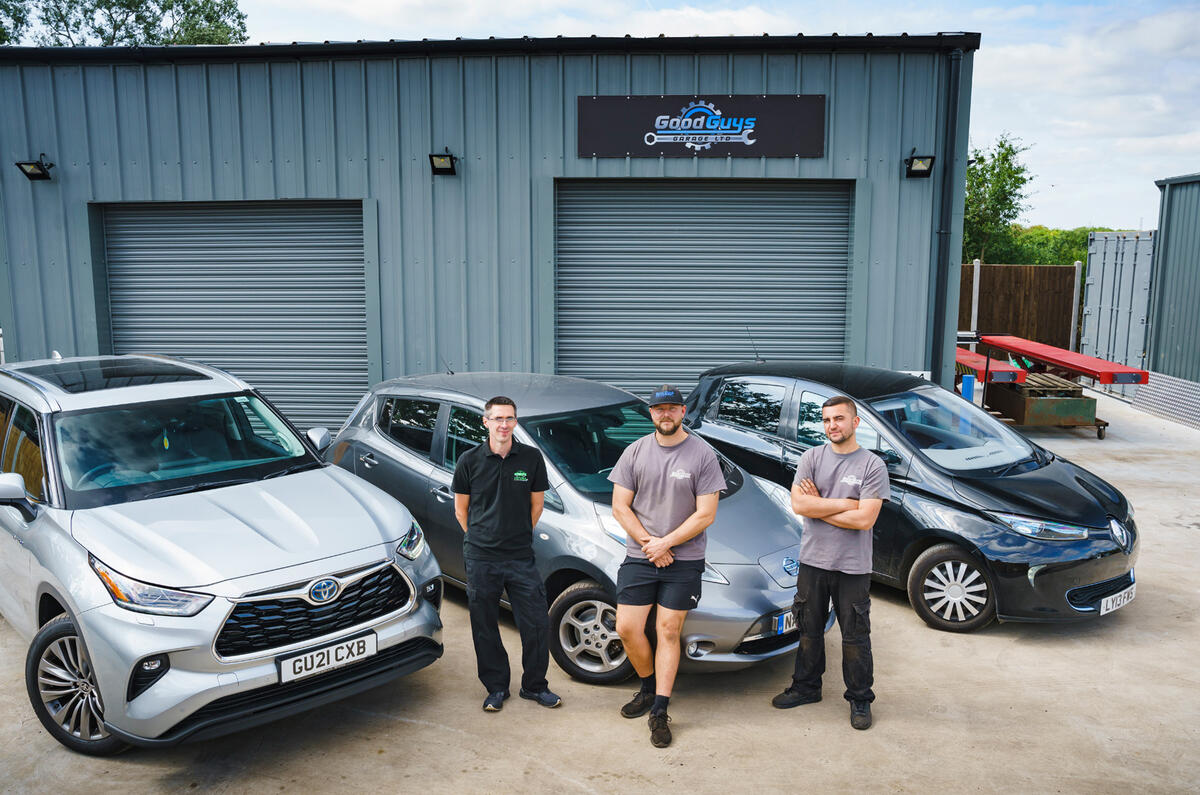
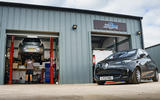








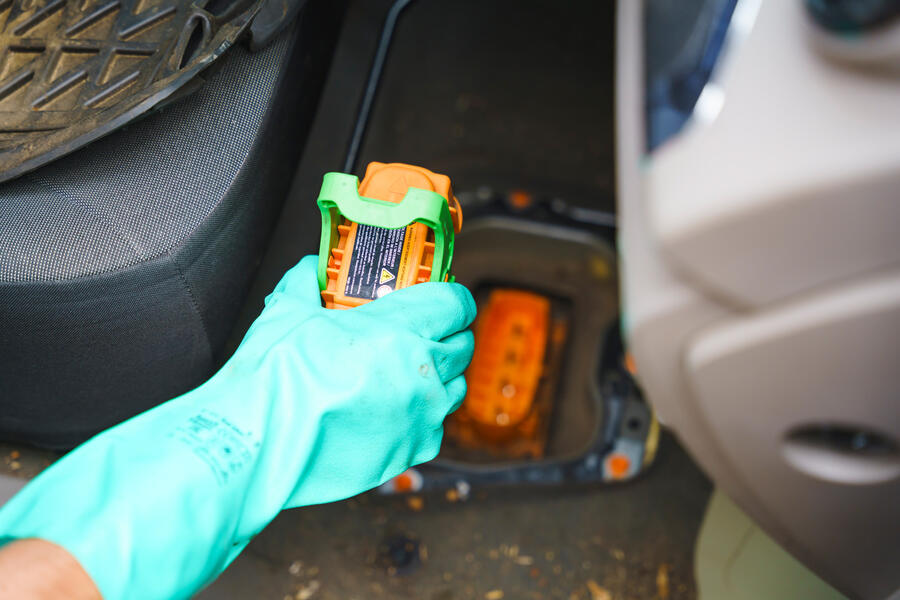



Join the debate
Add your comment
"Grease monkeys need not apply" - Nice of you to maintain the stereotypical image of those who work in the automotive repair industry Mr Evans...
This is just confirmation that the majority of the garage trade never changes as it continues to replace large chunks of a car at vast cost without even trying to think of a cheaper solution. I don't know whether it's a lack of training or willful incompetence. It's been the norm with conventional cars where, for example, a whole automatic transmission is replaced when a quick reprogramming of the management system would have effected a cure. Now, hapless EV owners are going to fork out for a whole battery when only an individual cell requires replacement. Of course manuafcturers are not going to make individual cells available when they can shift a whole battery. They regard the spares business as a cash cow.
I am gob smacked!, only a third of the price?!, a £1000.00 pounds only?!, you call that cheap?!, won't many owners of Ev's just trade it away and get into a new one?!, who is going to buy a second hand one that's been fixed or not?, at the moment, there's not that much money around due to the ongoing Pandemic and Brexit, I've probably done less than 2,000 miles in the last 17 months in my ICE powered car, so it's not cost me much, however, it's nice to know that there'll be plenty of good independent Garages around to sort Ev's .